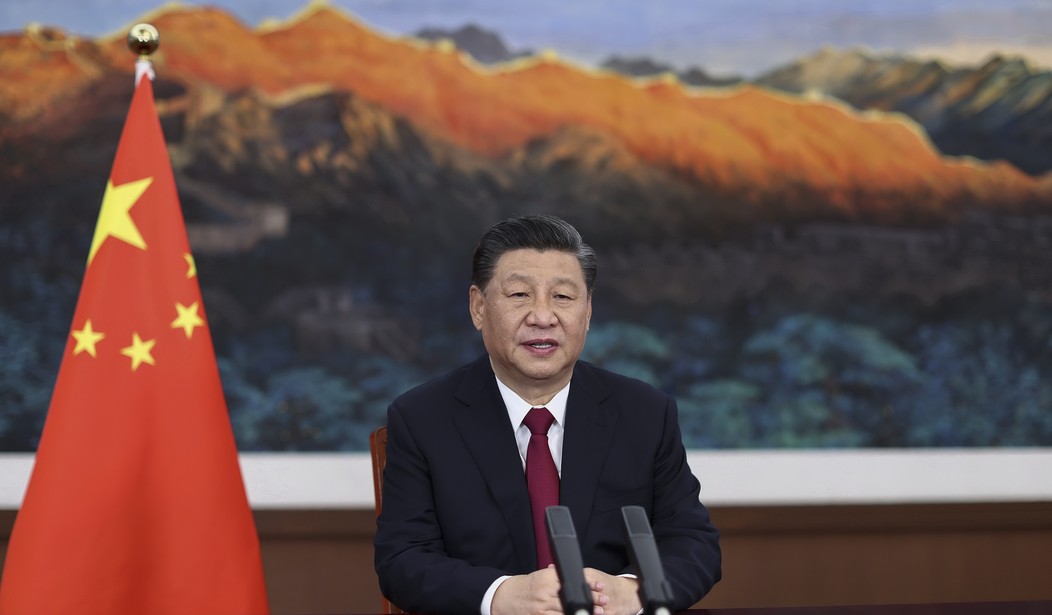A new report from the Government Accountability office shows the amount of U.S. farmland being sold to and purchased by foreign individuals and governments is not being properly tracked or reported to the Department of Defense.
"The United States Department of Agriculture (USDA) does not share timely data on foreign investments in agricultural land collected under the Agricultural Foreign Investment Disclosure Act of 1978, as amended (AFIDA). Committee on Foreign Investment in the United States (CFIUS) agencies, including the Department of Defense (DOD) and the Department of the Treasury, identify and review transactions that may pose national security risks, such as the proximity of agricultural land to a sensitive military base," the report states.
"USDA annually publishes selected AFIDA information online that CFIUS agencies may use when considering potential national security risks associated with agricultural land. In addition, USDA officials said they respond promptly when they receive requests for information. However, DOD officials noted they need AFIDA information that is more up-to-date and more specific, and they need to receive this information more than once a year," it continues. "USDA has requested funding to develop a real-time data system that can be accessed by other U.S. government agencies and the public. Meanwhile, sharing current data could help increase visibility into potential national security risks related to foreign investments in U.S. agricultural land."
The investigation was conducted by GOA because, "These investments may have consequences for U.S. national security," and "there may be foreign ownership of U.S. agricultural land close to sensitive military installations." USDA estimates foreign purchases of U.S. farmland grew to "approximately 40 million acres in 2021."
Recommended
Lawmakers on Capitol Hill are alarmed by the report's findings, noting China's purchase of U.S. farmland -- specifically near U.S. military installations -- is a threat to the homeland.
“Growing foreign ownership of U.S. farmland, particularly by China, poses a direct threat to our food security and national security. Safeguarding our farmland and food supply requires a whole of government approach and we will continue to work with the impacted agencies, related committees, and leadership to continue our robust oversight and to identify legislative vehicles to address the findings of the GAO report," House Oversight Committee Chairman James Comer and House Agriculture Committee Chairman Glenn Thompson said about the findings.
A number of governors, including South Dakota Republican Governor Kristi Noem, have worked to ban future Chinese purchases of farmland in their states.

























Join the conversation as a VIP Member